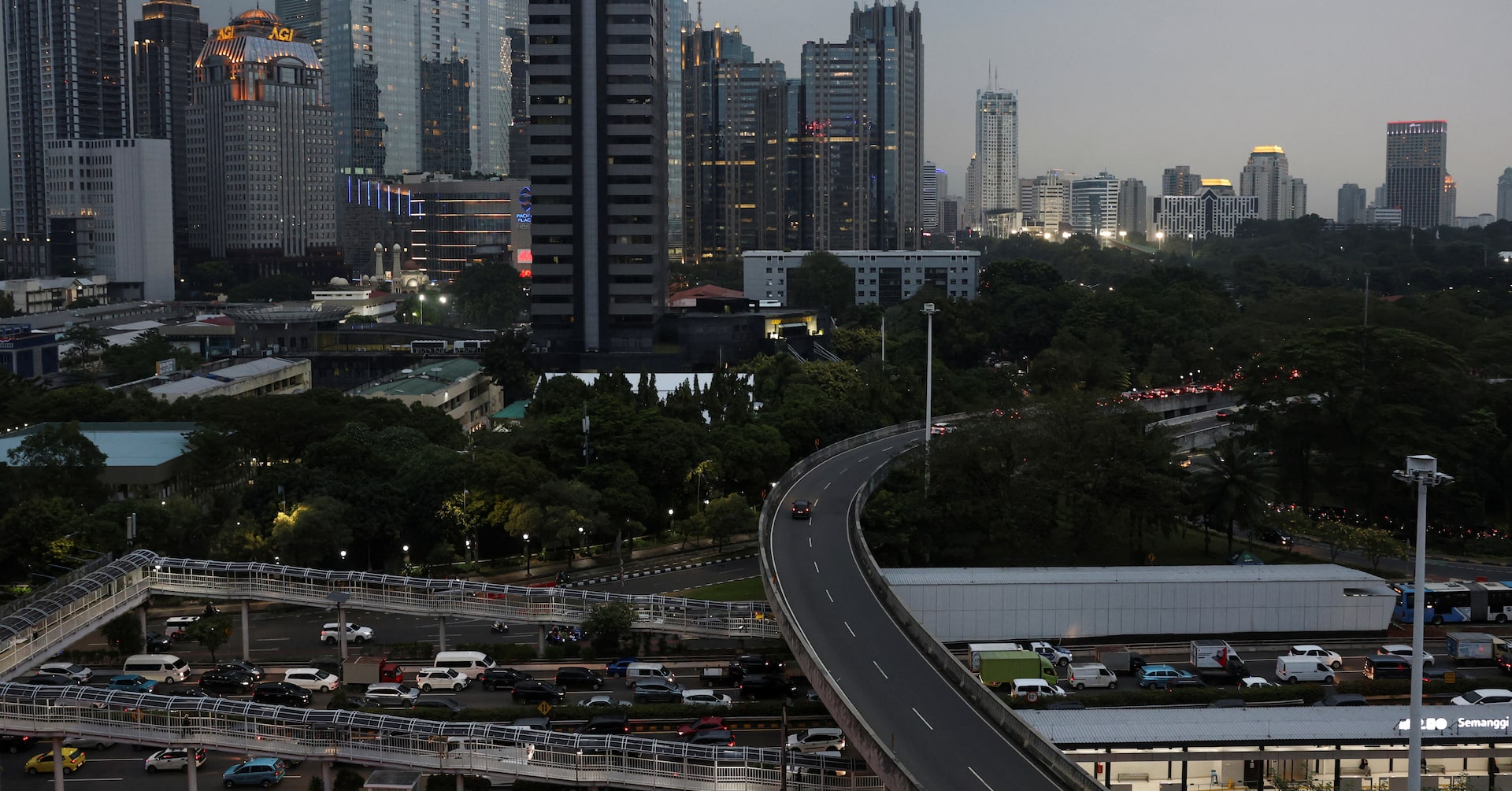Indonesia's Economic Horizon: Finance Minister Predicts Robust 5% Growth in 2025

Indonesia Maintains Steady Economic Growth Amid Global Challenges
Despite escalating trade tensions, Indonesia is poised to sustain its economic momentum, with Finance Minister Sri Mulyani Indrawati projecting growth to hover around 5% in 2024. This forecast closely aligns with the country's robust economic performance of 5.03% in the previous year, demonstrating Indonesia's resilience in a complex global economic landscape.
The minister's optimistic outlook suggests that Indonesia's diverse economic sectors and strategic policy measures will help cushion potential external pressures. By maintaining a steady growth trajectory, the nation continues to showcase its economic stability and potential for sustained development.
Investors and economic analysts will be closely monitoring Indonesia's economic indicators in the coming months to assess the accuracy of this projection and the country's ability to navigate emerging global trade challenges.
